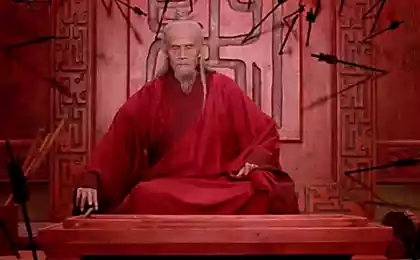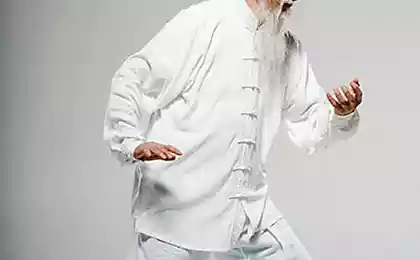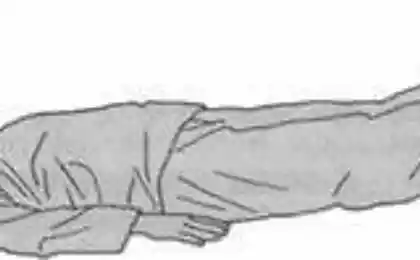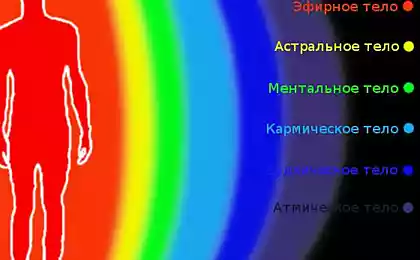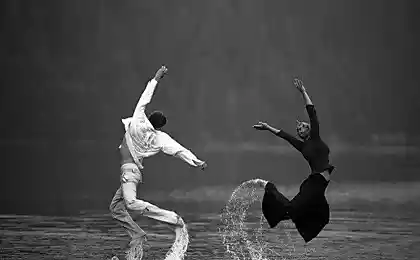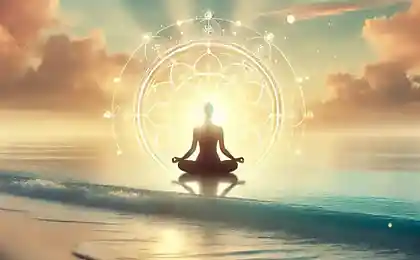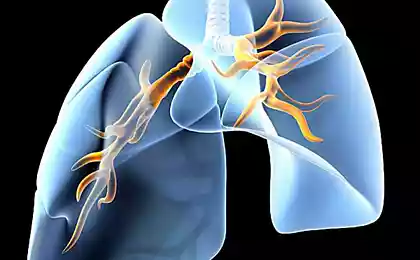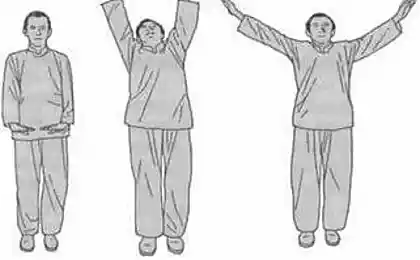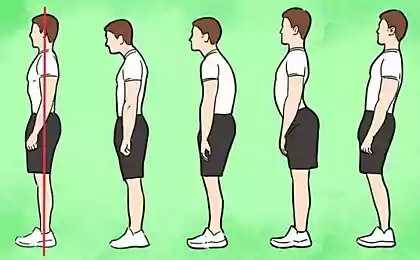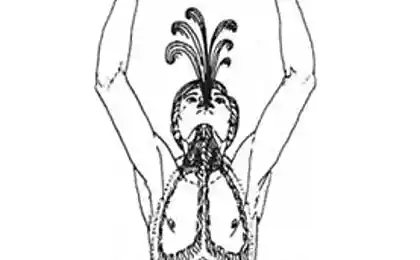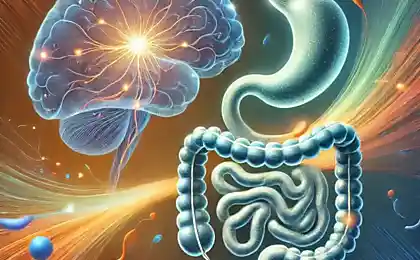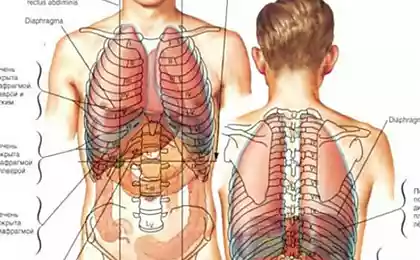387
Interaction of Emotions and Physical Health in Chinese Medicine
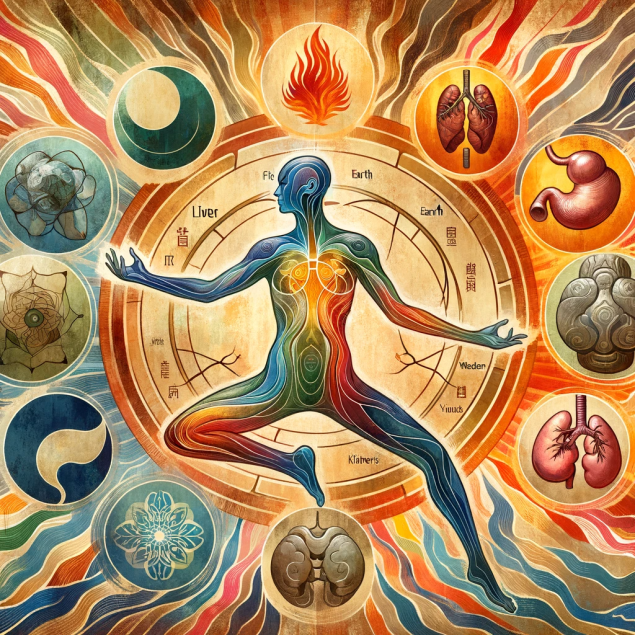
Basic Principles Chinese medicine views human emotions as an important indicator of physical health. A person’s emotional state not only reflects his internal experiences, but can also be associated with the physical state of his organs. This connection is two-way: just as the state of organs can affect emotions, emotions can also indicate problems in the body.
Key Aspects of Health1. Body Structure and Posture : Correct posture and spinal health are considered important for overall well-being. Disturbances in the structure of the body can lead to imbalances in the body and emotional instability.
2. Blood circulation : Active blood circulation is important for transporting vital energy throughout the body. Poor circulation can contribute to the development of various diseases.
3. Qi Energy : Life energy, or Qi, is maintained through sleep, nutrition and breathing. Violations in these aspects can lead to deterioration of physical and emotional well-being.
Emotions and Organs - Anger and the Liver : Constant anger may indicate liver problems. According to Chinese medicine, anger can both reflect and contribute to liver problems.
— Reflexion and the Spleen : Excessive self-searching can be a sign of problems with the spleen. Improving spleen function can help reduce internal conflicts.
— Conflicts with Parents and Kidneys : Prolonged conflicts with parents can be associated with kidney problems, which, according to Chinese medicine, are related to our relationship with previous generations.
— Sadness and the Lungs : Prolonged sadness may indicate an imbalance in lung function. Qigong exercises can help restore balance and reduce sadness.
Conclusion Chinese medicine offers a unique perspective on the connection between emotional and physical health. Understanding this connection can help promote overall well-being and prevent disease.
This article is for informational and educational purposes only and is not a substitute for professional medical advice.
In search of true love: How do you know that you have found your one?
UFABET is safe and reliable with the best direct website system
